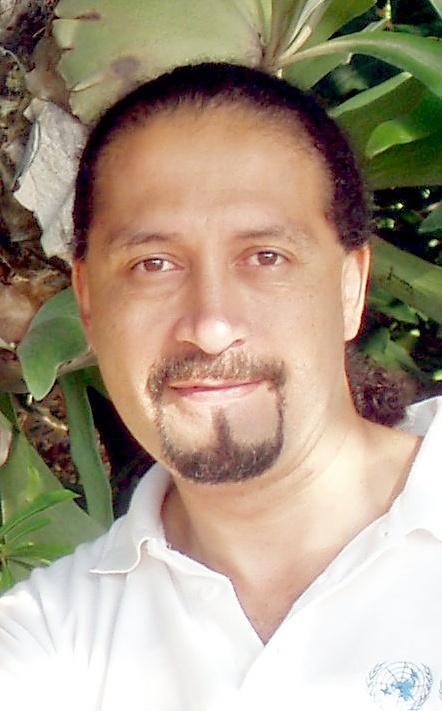Besides its outcome, there are some important issues that should soon be discussed regarding the past municipal and local elections in Haiti, as well as the broader electoral cycle that began in 2005 - which included the voter’s registration, Presidential elections and run-off parliamentary elections.
However, the first necessary step must be to temper claims referring either to total success or total failure.

From my part, I would only like to say that it’s true that the quality of elections and their administration (the aspects to which scholars refers as procedural democracy) was the best possible under the peculiar circumstances of Haiti. For instance, don’t forget that the Provisional Electoral Council (CEP, for its acronym in French) missed ALL the deadlines for the elections to take place in 2005, as originally established in the multi-party transition agreement.
The constant postponement added disorganization and confusion to the whole process, and the public witnessed the internal power struggles among the CEP’s politically-appointed members on a daily basis. For many observers, this situation was created on purpose. Some political spoilers and criminal groups found this rather advantageous, while international donors became anxious about the potential waste of their voluntary contributions for the electoral process (more than US$70 million compared to less than US$2 million provided by the Haitian state).
The picture changed dramatically with the appointment of an Executive Director in October 2005, a move practically imposed by the international community. Finally, the presidential election took place on 7 February 2006 and Rene Preval won by a landslide.
To avoid the futility of periodically throwing money away for elections in Haiti, everybody knows that much more has to be done in the near future. Otherwise, Democracy will remain a highly irrelevant word in this country.
However, the first necessary step must be to temper claims referring either to total success or total failure.

From my part, I would only like to say that it’s true that the quality of elections and their administration (the aspects to which scholars refers as procedural democracy) was the best possible under the peculiar circumstances of Haiti. For instance, don’t forget that the Provisional Electoral Council (CEP, for its acronym in French) missed ALL the deadlines for the elections to take place in 2005, as originally established in the multi-party transition agreement.
The constant postponement added disorganization and confusion to the whole process, and the public witnessed the internal power struggles among the CEP’s politically-appointed members on a daily basis. For many observers, this situation was created on purpose. Some political spoilers and criminal groups found this rather advantageous, while international donors became anxious about the potential waste of their voluntary contributions for the electoral process (more than US$70 million compared to less than US$2 million provided by the Haitian state).
The picture changed dramatically with the appointment of an Executive Director in October 2005, a move practically imposed by the international community. Finally, the presidential election took place on 7 February 2006 and Rene Preval won by a landslide.
To avoid the futility of periodically throwing money away for elections in Haiti, everybody knows that much more has to be done in the near future. Otherwise, Democracy will remain a highly irrelevant word in this country.

1 comentario:
lo ultimo que se piere es la esperanza ...
Publicar un comentario